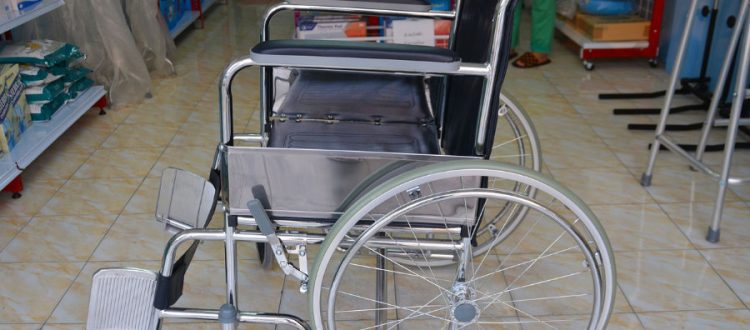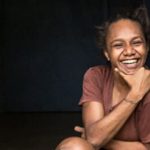
You are donating to : Climate Change
Pacific Island Countries and territories are extremely vulnerable to climate change and Natural hazards. Natural disaster cost Pacific Island Countries (PICs) on average 2% of GDP annually (about 248 million USD). In 2015, cyclone Pam inflicted damages amounting to an estimated 60 percent of GDP in Vanuatu and TC Winston, 20% of GDP for Fiji.
Vanuatu is vulnerable to Natural Disasters and from our own experiences, people with disabilities are being discriminated before, during and after the disaster. For example, Category 5 Tropical cyclone Pam struck Vanuatu in 2015, and 11 people died, until today some people are still living in tents because there were no trees or leaves to build their houses. Worse still three months after the cyclone in 2015, El-Niño struck Vanuatu for 8 months, with no water in most areas on Vanuatu.
October in 2017, the declaration of the state of emergency on Ambae Island was due to heavy volcano ash fall, 11,000 people were evacuated to other neighboring islands, majority of the population had to move to Santo where our office is located. Vanuatu Disability Promotion & Advocacy Association (VDPA) in partnership with CBM New Zealand did a needs assessment, the findings showed that the evacuation process was a challenge, for both adults and children with different impairment, and some of whom had never travel in their life.
Their challenges for instance were:
- People with disabilities who travelled by air were instructed to leave their wheelchairs and other assistive devices behind.
- People with disabilities waited at receiving wharves for extended period of time, until they could be transferred to an evacuation center. Many suffered from thirst, hunger and heat rashes due to limited facilities available for sitting and resting at the wharves.
These challenges and issues applied to other Pacific Countries as well, the Pacific Disability Forum in its effort, support persons with disabilities for better pre and post disaster preparations by having a strategic plan. The Pacific Disability Inclusive Preparedness and response plan. This strategic plan is our vision for achieving disability inclusion within Preparedness for response efforts throughout the Pacific. We can’t achieve this alone, and thus we invite others to work in partnership to help us achieve our vision. This plan is for working with partners, government and stakeholders. So Pacific Island countries and in particular Vanuatu will need to ensure that preparedness to response, during disaster and post disaster work plans are inclusive of persons with disabilities. While there has been clear steps towards disability inclusion in disability risk reduction in the Pacific, it is also crucial to recognize the importance of bridging social policies, development with DRR, humanitarian response and recovery.
The use of existing social protection schemes to channel support of community support post disaster in Fiji and Tonga, or the support of community based programs in emergency relief, has demonstrated that the stronger, the national support system for persons with disabilities is, the more responsive and effective the post relieve supply will be.
The issue of accessibility in post disaster relief has to be addressed more generally, as most countries do not have effective regulation and accessibility standards, rebuilding back better in the region does not yet systematically mean it is accessible for people with disabilities.
Considering all this, my organization. VDPA recommends the following:
- Ensures persons with disabilities and their representative organizations play an equal representative role and are fully consulted in all activities; from planning to implementation and follow up.
- Strengthens national level dialogue between DPOs, NGOs, Governments, multilaterals, and all other stakeholders
- Collect disaggregated data for people with disabilities so no one is left behind
- Countries who have not yet sign the Charter on Inclusion of persons with disabilities in humanitarian action on the rights of persons with disabilities to sign and implement the charter
In conclusion, in spirit of ‘leave no one behind’ we -can only stay true to its meaning if we put actions to our words
Recommendation 1
Recommendation 2
Recommendation 3
Recommendation 4
In conclusion, in spirit of ‘leave no one behind’ we -can only stay true to its meaning if we put actions to our words.



